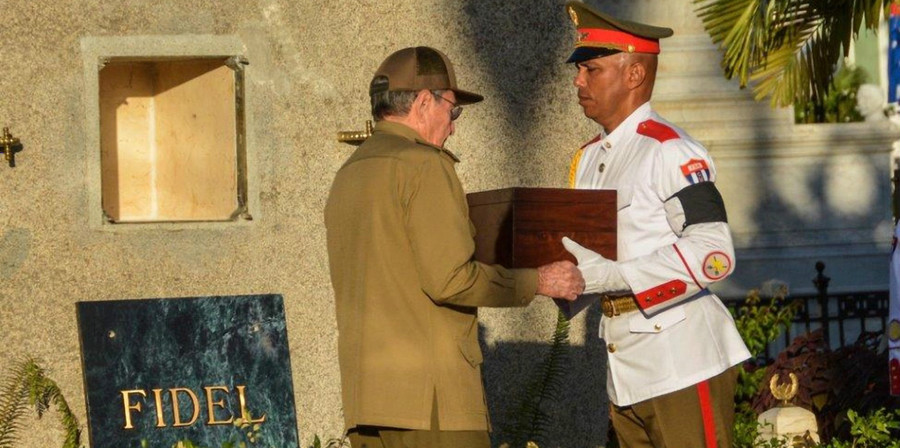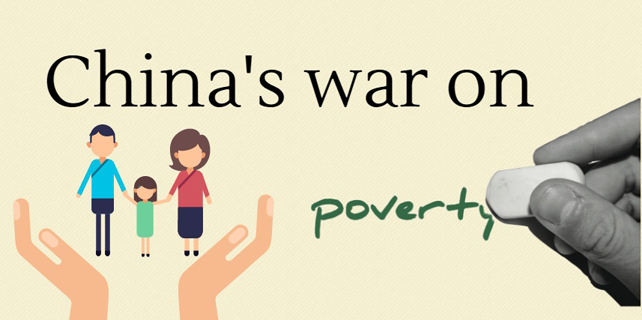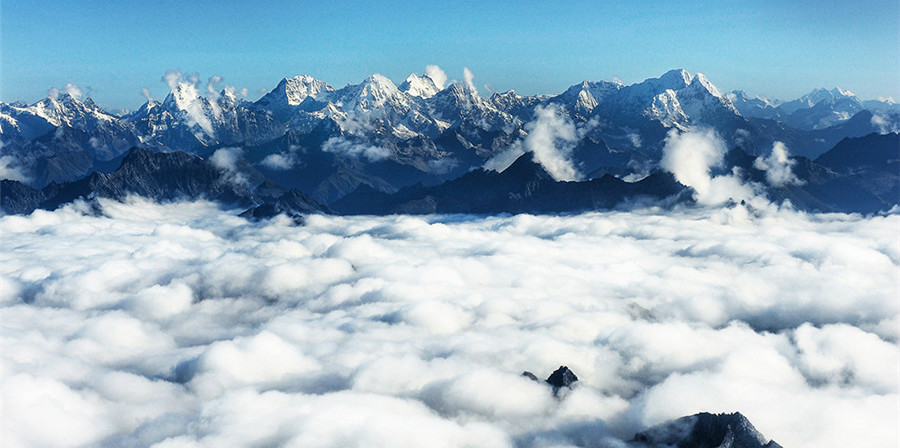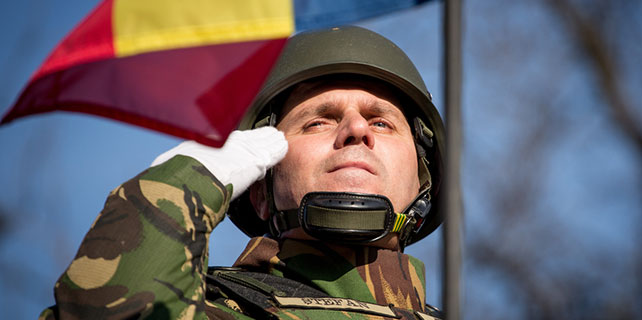Water safety called crucial to peace, security
China's top envoy at the United Nations urged the international community to strengthen the preservation, development and management of water resources to remove the root causes of conflicts driven by water scarcity at the UN Security Council's open debate on water, peace and security.
All countries should prioritize the safeguarding of peace and security, strengthen cooperation with others, improve scientific development of water resources and allocate water resources reasonably and use them efficiently, Liu Jieyi, China’s permanent representative to the United Nations, said on Nov 22.
Countries should "comprehensively upgrade" their water-security-related capabilities so that the sharing of water resources can enhance mutually beneficial cooperation, Liu said, adding that "in that way, we can also avoid friction and conflicts caused by water scarcity".
Liu also suggested the international community engage in in-depth international cooperation on water resources and strengthen dialogue and cooperation to appropriately address issues related to transboundary water resources.
Within the framework of the Forum on China-Africa Cooperation, China has implemented dozens of well-drilling projects in Africa to, including 100 clean energy projects, to help African countries enhance their capacity-building in meteorological infrastructure and improve the preservation and management of their forests.
China stands ready to work together with the rest of the international community to promote the sustainable development and utilization of water resources and to promote peace and security in a bid to realize peace, stability, development and the prosperity of humankind, Liu said.
Opening the debate, UN Secretary-General Ban Ki-moon said that management of the world's precious water resources must be promoted as a means to foster cooperation rather than conflict.
"Water challenges affect us all," said Ban. "Let us commit to invest in water security as a means to ensure long-term international peace and security."
Access to water could exacerbate communal tensions, as in Afghanistan and Peru, and armed conflict has resulted in the destruction of water systems, as in Syria and Gaza, he said.
Shared water resources often generate cooperation, with more than 200 water treaties having been negotiated successfully in the latter 20th century, he said, citing agreements signed between India and Pakistan, Egypt, Ethiopia and Sudan, as well as Mali, Mauritania and Senegal as instruments promoting stability and peace.
Describing UN efforts to promote "hydro-diplomacy", Ban said that he and the president of the World Bank Group had convened the High-level Panel on Water to champion a comprehensive and collaborative way to develop and manage water resources. He called for implementation of the panel's recently adopted action plan.
Danilo Turk, chair of the Global High-Level Panel on Water and Peace, Christine Beerli, vice-president of the International Committee of the Red Cross (ICRC), and Sundeep Waslekar, president of the Strategic Foresight Group, also briefed the council.









